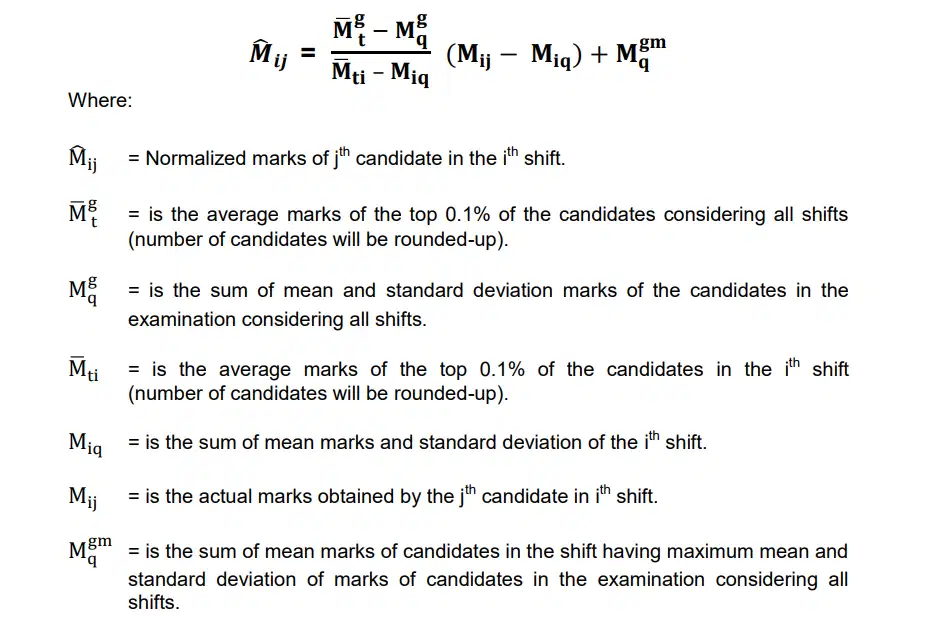How many questions will be asked in AFCAT?
A total of 100 questions will be asked in the AFCAT exam.
How many sections are there in AFCAT?
There are four sections in AFCAT namely Numerical Ability, Verbal Ability, General Awareness and Reasoning and Military aptitude.
In which mode will AFCAT be conducted?
AFCAT will be conducted in the online mode.
What are the maximum marks for AFCAT?
Maximum marks for AFCAT are 300 while the maximum marks for EKT are 150.
Is the marking scheme of EKT same as that of AFCAT?
Yes, marking scheme of both EKT and AFCAT is same. 3 mark will be granted for each correct answer while one mark will be deducted for each incorrect answer.
Is there any negative marking for unattempted questions in AFCAT?
No, there will not be any negative marking for unattempted questions in AFCAT.
Will AFCAT be conducted in any other language?
No, AFCAT will only be conducted in the English language.
What is the duration of AFCAT?
The duration of AFCAT exam is 2 hours. Candidates will have to complete the exam within the time allotted.
What type of questions are asked in AFCAT?
The AFCAT exam covers a wide range of topics, including:
- English: Grammar, vocabulary, comprehension, and writing skills
- General Awareness: Current affairs, history, geography, science, and technology
- Numerical Ability: Basic math operations, arithmetic, and algebra
- Reasoning and Military Aptitude Test: Verbal and non-verbal reasoning, problem-solving, and logical thinking
What is the marking scheme of EKT?
Candidates will receive three marks for each correct answer while one mark will be deducted for each incorrect answer.
What is the total number of papers in AFCAT 2024?
The AFCAT 2024 exam will consist of four papers as per the AFCAT Exam Pattern. These papers cover General Awareness, Verbal Ability in English, Numerical Ability, and Reasoning, along with the Military Aptitude Test. The duration of the AFCAT paper is 150 minutes, equivalent to two hours. To qualify in the AFCAT exam, candidates should aim to score between 140 to 190 marks out of the total 300 marks.
What are the exact AFCAT Exam Timings?
As mentioned, the online test of AFCAT 2023 is conducted for two hours. EKT is held for 45 minutes. The exam timings for AFCAT 2023 is mentioned as per the table given below:
Activity | Shift 1 | Shift 2 |
Reporting time of the Candidate | 7.30 am | 12.30 pm |
Verification of admit card & ID Proof, Biometrics, Photo/ Thumb Impression/ Sign on Attendance Sheet & candidate seating in exam hall | 7.30 am to 9.30 am | 12.30 am to 2 pm |
Reading of instructions by candidates | 9.30 am to 9.45 am | 2 pm to 2.15 pm |
AFCAT exam | 9.45 am to 11.45 am | 2.15 pm to 4.15 pm |













